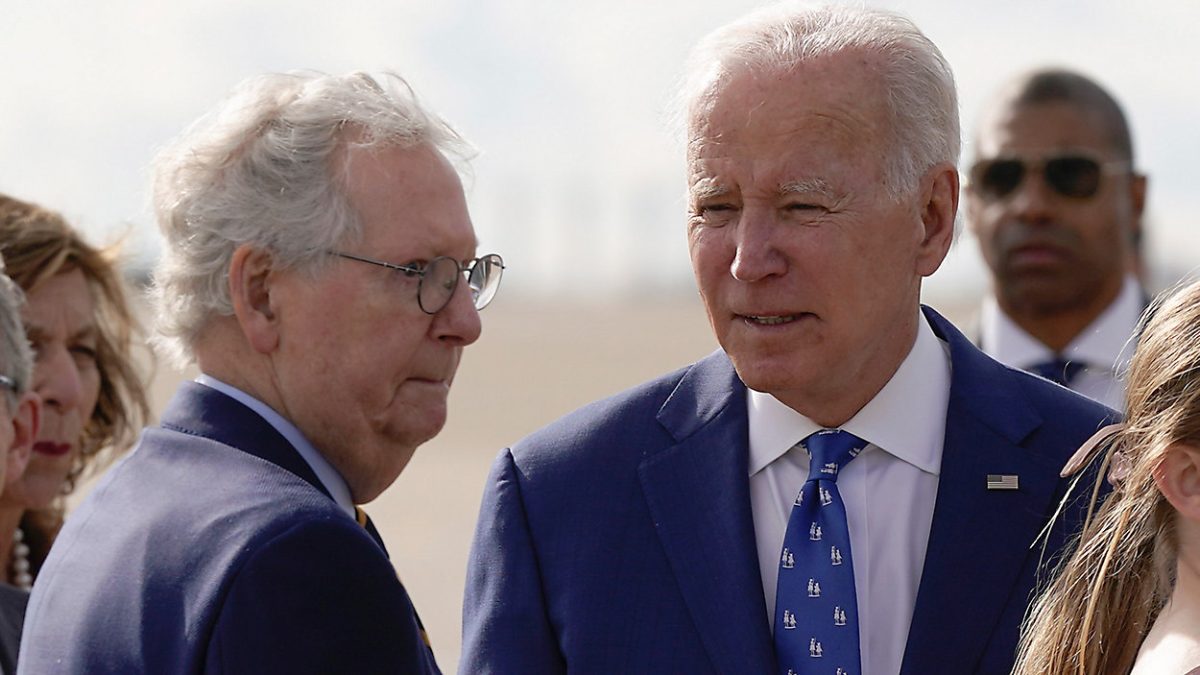Aging in politics has been a frequent topic of discussion as of late for most Americans, both conservative and liberal ones alike. Conservatives have used President Biden’s age and alleged cognitive decline as a talking point against his 2024 presidential bid, just as liberals have done with Donald Trump. Liberals have been shocked by Senator Mitch McConnel’s numerous health scares –where he appears to temporarily “freeze” and go silent– just as conservatives have been whenever Senator Dianne Feinstein appears to forget very recent events or even what she is doing in a given moment. This issue has managed to not be affected greatly by the current political division in this country; Democrats and Republicans alike share concerns about the age of our politicians, even in their own parties.
These concerns have caused many across the nation to call for stricter age limits to serve in public office or, alternatively, for term limits. It is thought that having age limits set in place for our politicians could solve this issue, but that would also prevent older politicians who are still capable of serving in government offices from doing so. Determining an age at which no single person can be fit to serve in government would be virtually impossible; there would always be exceptions. Putting limits on how long a politician can serve for would also have negative effects. There are some politicians who have served for quite some time and yet still keep the country’s best interests at heart. There is no reason that a politician shouldn’t be allowed to be reelected to their office if their constituents still want them to represent their needs.
Instead of implementing age and term limits, we need to be creating laws that prevent our politicians from taking money from giant corporate interests, from the super PACs that support their campaigns and ensure no other candidate has a chance of stealing their office from them. Nearly all of America’s oldest politicians have been in office for many, many years. There are very few 80 year olds who wake up one day and decide to run for Congress for the very first time and actually win. These older politicians that we see in office today have been in government roles oftentimes for decades. Over time, they have gathered support from some of America’s largest super PACs that work in their interest time and time again. These super PACs ensure that the politicians they know will vote in their corporate interests win because they have more money than any of their opponents.
Younger candidates who want to run for office very rarely have the support from super PACs that older candidates –who have served in Congress for decades and already proved their loyalty to super PACs– have. As a result they tend to win elections less frequently than the incumbents who already hold offices do. By getting rid of the influence of super PACs, American politicians would have to gather their funds and support from the American people directly. Each time they went for reelection, they’d have to be able to prove on their own –and not with super PAC support– that they are still worthy to and able to hold office. The American people would then have the ability to decide if politicians are still governing with the country’s interests at heart.
The most important thing to consider is that under these circumstances, older politicians could still win office, but they’d have to be able to fight for it much harder than they do now. Old age is not the sole issue here. American offices aren’t filled with the elderly simply because Americans want people in their 70s and 80s in charge of the nation; they’re filled with the elderly because the elderly have the support of super PACs. Forcing politicians to run their campaigns solely on the funds collected by grassroots movements and individuals rather than their super PACs would solve the current issue with aging in American politics.








